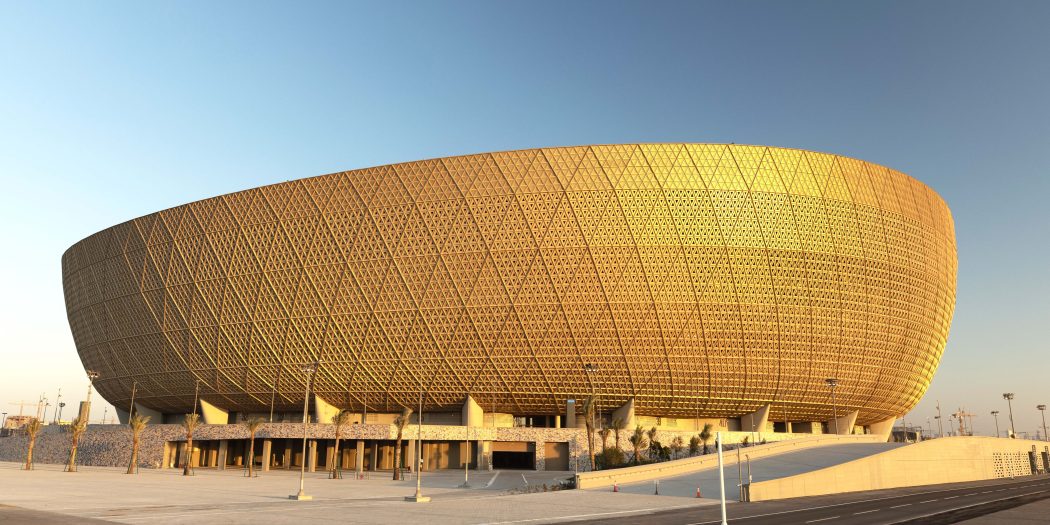Qatar has been a regional powerhouse in sports and will continue to be so
Even before winning the bid back in 2010 to host the World Cup, Qatar has been hosting major sport events. They hosted the first major event in 2006, the ‘2006 Asian Games’, and since then they hosted over 600 international and regional events, such as Handball World Championship, IWF Athletics World Championship, Formula 1 now for the next 10 years, said FIFA World Cup Qatar CEO Nasser Al Khater for the Doha News interview.
In the interview, which was at the sidelines of this year’s Qatar Economic Forum, he also said: “Qatar has been a regional powerhouse in sports and will continue to be so”, and added that increasing Qatar’s brand value and becoming a touristic destination are huge indicators that the World Cup will be a success. He said that although there’s no direct return in relation to the World Cup, they will get return through brand value and tourism increase.
He explained that the World Cup has transformed the country over the past 10 years: “The development we’ve seen has been accelerated, [which] was part of the 2030 vision, the development of the country, diversification away from the hydrocarbon industry, and the World Cup has been underpinning this development”.
On questions whether Qatar is prepared for the event now that there’s only 5 months left, he said that “stadiums are ready, training sites are ready, all the transportation plans are in place”, and now the final touches for welcoming the fans are being made.
Back in 2010, one of the key objectives for the World Cup was to “really design the legacy of the stadium prior to designing the stadium itself”, Al Khater told to the press. They wanted to find out what Qatar’s community needs and build that into the stadiums, so they did some research beforehand through surveys and site visits. The community in the Al Janoub Stadium area in the south of the country, for example, needed more leisure activities, community centres and wedding halls, so those were taken into consideration when building the stadium.
In the interview session, called “Sports and Tourism: A Win-Win for National Growth,” Chief Executive at Global Counsel Gregor Irwin said that the World Cup is a unique moment for Qatar, and further explained: “How do you exploit that unique moment? The trick is to start early and to be focused during the event itself and then actually to follow through”.
On criticism Qatar has received, Al Khater told Doha News: “The criticism has been there from 2009 when we started bidding for the World Cup and has continued and has really become more ferocious as time went by” but said that he’s “fully confident that by the time the World Cup starts it’s all gonna be about football”.
During the World Economic Forum in Davos last month, Qatarâ’s Amir Sheikh Tamim bin Hamad Al Thani said about the issue: “For decades now, the Middle East has suffered, from discrimination. And I have found that such discrimination is largely based on people not knowing us, and in some cases, refusing to get to know us”.
Doha was internationally scrutinized over migrant workers’ conditions and lack of laws to protect them, but the Gulf state has since made historic reforms. Some of the reforms included the dismantling of the controversial Kafala system that stopped workers from freely changing jobs, and another is the region’s first ever non-discriminatory minimum wage law, introduced last year.
 One place for fresh news information based on Qatar and World Cup 2022
One place for fresh news information based on Qatar and World Cup 2022
